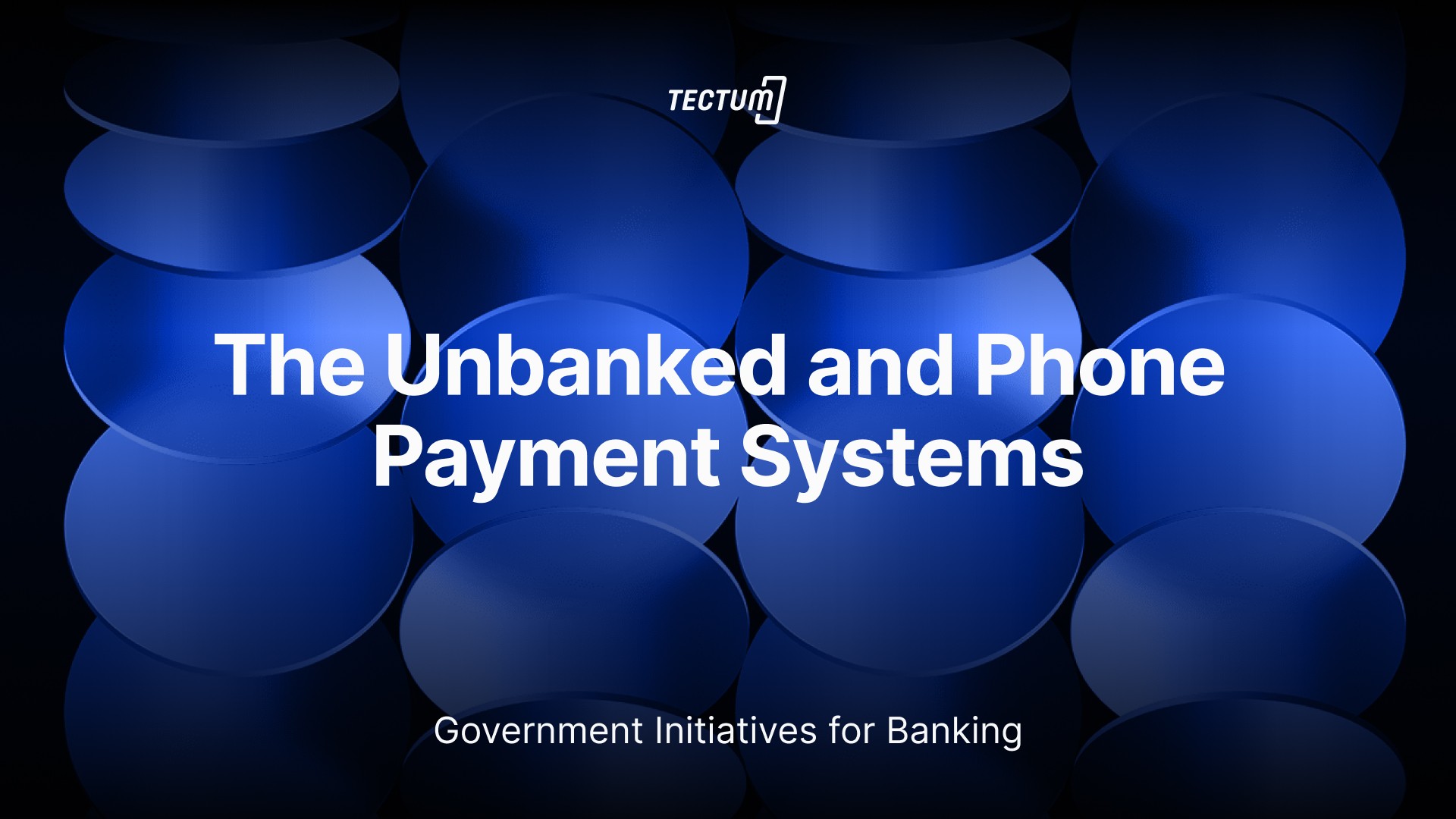
Financial inclusion is a critical aspect of economic development and social progress. There have been very limited improvements despite the introduction of phone payment systems. In recent years, governments in third-world and developing countries have begun to recognize the pressing need to address the issue of unbanked populations within their borders.
This article delves into the ethical, economic, and technological reasons driving these initiatives and explores how SoftNote, a groundbreaking cryptocurrency solution, can play a pivotal role in banking the unbanked.
In many developing countries, gaining access to traditional banking services can be an arduous task, often contingent upon having personal identification documents. For a significant portion of the population, especially those born in remote regions or without birth certificates, obtaining these essential documents becomes nearly impossible. This situation presents a profound ethical dilemma as it restricts individuals’ opportunities for personal and financial growth solely based on their place of birth or family circumstances.
Moreover, this restriction prevents talented and skilled individuals from accessing the global marketplace, limiting their contributions to the broader economy. The consequences are far-reaching, perpetuating cycles of poverty and hindering the potential for progress in these regions.
Governments in developing countries are increasingly realizing the significant untapped potential of the unbanked population. Despite lacking access to formal financial systems, these individuals have demonstrated their capabilities through local art, educational achievements, and contributions to construction and logistics. By remaining unbanked, these talented individuals are unable to make their full potential contributions to the country’s GDP.
Unlocking the economic potential of the unbanked is not only beneficial to individuals but also vital for overall economic growth. Governments now understand that by providing financial services to these individuals, they can stimulate economic development, create jobs, and enhance the nation’s competitiveness on the global stage.
To address the unbanked population, many governments have proposed the use of phone payment systems. These systems leverage mobile phone technology to provide financial services to those without access to traditional banks. However, implementing phone payment systems comes with several challenges.
Firstly, different countries may use distinct phone payment systems, currencies, and mobile network providers, creating barriers to entry for cross-border transactions. This fragmentation can limit the effectiveness of these systems, especially when individuals need to conduct international transactions or collaborations.
Secondly, phone payment systems typically rely on centralized controlling entities, such as governments and service providers. Historically, these entities in many developing countries have been plagued by corruption and authoritarian control, raising concerns about the security and integrity of financial transactions.
SoftNote emerges as a promising solution to overcome the challenges associated with traditional phone payment systems and banking the unbanked in developing countries. Several key features make SoftNote an ideal candidate for this task:
Governments in third-world and developing countries are increasingly recognizing the importance of banking the unbanked population for ethical, economic, and social reasons. Traditional banking and phone payment systems have their limitations, including geographical barriers and centralized control.
SoftNote offers a compelling alternative by providing geographical independence, currency neutrality, decentralization, and anonymity. As governments continue to explore innovative solutions for financial inclusion, SoftNote stands as a promising option that can help bridge the financial gap and unlock the untapped potential of millions around the world. By embracing technologies like SoftNote, these countries can pave the way for greater financial inclusion, economic growth, and global competitiveness.